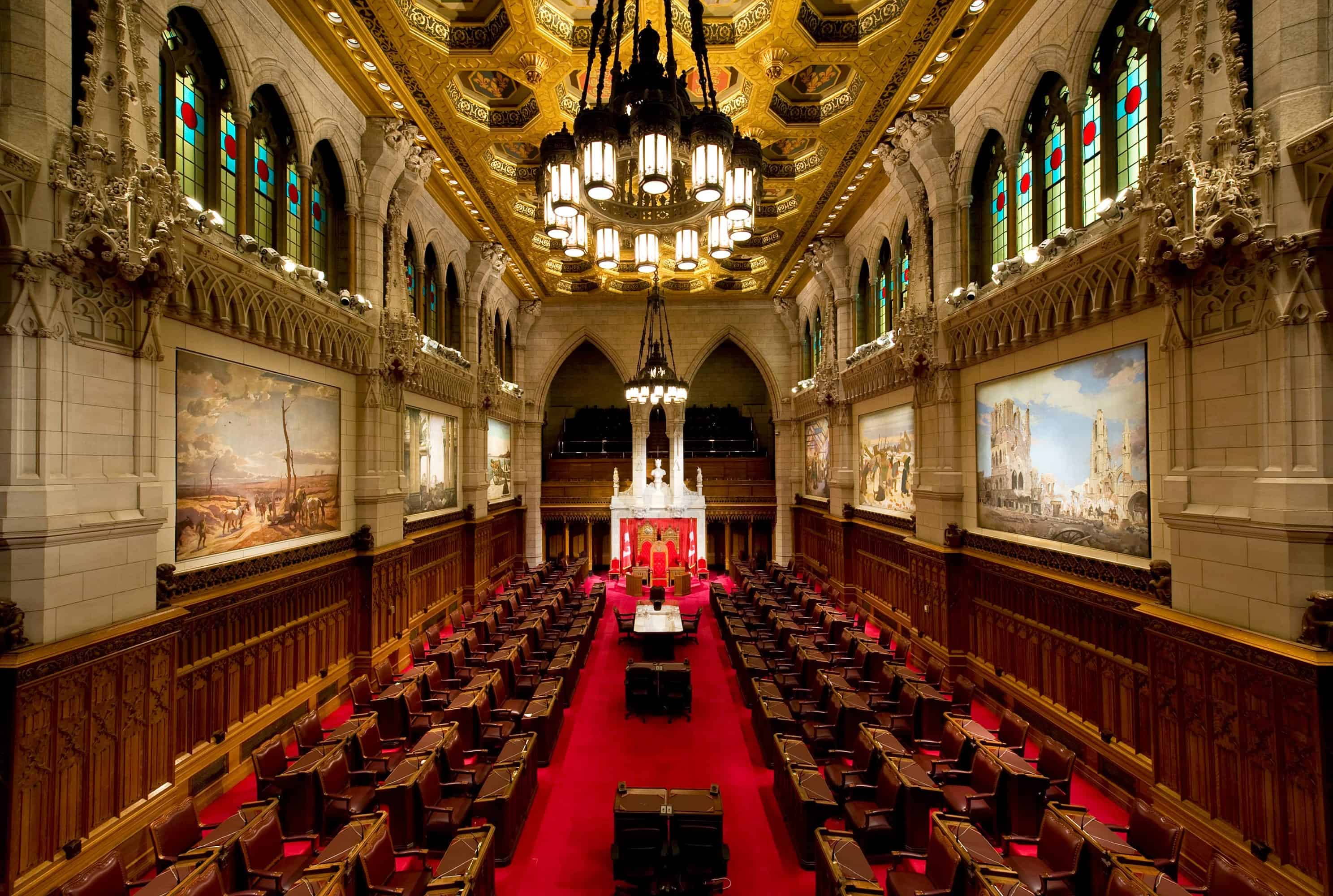Ukraine suspends 11 opposition parties

Platform for Life holds 45 seats
On Sunday, March 20, Ukrainian President Voldomyr Zelenskyy released a video statement suspending 11 of Ukraine’s opposition parties. The majority of the suspended parties are quite small, but on the list was the opposition Platform for Life, who came in second in the last election and currently holds 45 of the 450 seats in the Ukrainian parliament. The rest of the parties include the Shariy Party, Nashi, Opposition Bloc, Left Opposition, Union of Left Forces, State, Progressive Socialist Party of Ukraine, Socialist Party of Ukraine, Socialists Party, and Volodymyr Saldo Bloc. The reason given for suspending these parties was due to the fact that they are known for being “Pro-Russian.” In a video address last Sunday, Zelenskyy said “Given the full-scale war waged by the Russian Federation and the ties of some political structures with this state, any activity of a number of political parties during the martial law is suspended.”
The goal of Ukraine’s national security and defense council in suspending the operation of parties was to prevent them from creating division within the Ukraine or colluding against the Ukrainian government.
“It is not a ban on parties. These political action groups are tied to oligarchic ‘dark money,’ oligarchs who are trying to politically leverage local opinion by organizing so-called political parties to oppose the government as a way to secure influence. The only real political party that appears to be targeted is Medvedchuk’s opposition Platform for Life,” said Bohdan Kordan, a professor of political science whose research involves Ukrainian politics.
“Medvedchuk is an oligarch and the godfather of Putin’s daughter. Prior to the conflict he was regularly seen in Moscow and understood to be ‘Putin’s man’ in Ukraine. He owned an important TV channel whose broadcasts called for compromise with Russia, which included recognition of the annexation of Crimea and now the DNR/LNR separatist-controlled regions,” said Kordan. “Effectively, he was advocating the dismemberment of Ukraine. He is now under house arrest and the TV channel has been shut down. These current actions of the government are in keeping with the laws of the Ukraine, which prohibits activity affecting the security of the country in the context of war. This is not ‘Zelenskyy,’ which implies that this is personal and politically motivated. Politics in Ukraine was and continues to be a murky business. The war increasingly has exposed the fault lines. The key fault line centres around the survival of Ukraine as a nation-state and those, who for personal economic and political reasons, are inclined to see it suborned to Russia and Russian control.”
The decision has received harsh criticism from Russian officials who believe Zelenskyy is making a mistake, and that it will only continue to divide the country and push Ukraine closer to the West.
“Former Russian President [Dimitri] Medvedev, cynically, has described the Ukrainian government’s sanctioning of pro-Russian political movements in Ukraine as detrimental to Russia-Ukraine relations and Ukraine’s interests. This is not serious. The only political activity that I can see which is detrimental to Russia-Ukraine relations is Russia’s war against Ukraine and attacks on the civilian population,” continued Kordan. “I might add that there are a few of pro-Russian anti-government activists not connected to the oligarchs but are formerly associated with the ‘progressive socialists,’ aka the Communist Party of Ukraine. They are now being recruited by the Russian Intelligence Services (GRU) to establish ‘People’s governments’ in Kherson and Berdnyansk. In addition, some of these political representatives are functionaries from the DNR/LNR, who worked under the watch of the GRU. Meanwhile, former duly elected local officials who have now come under Russian occupation in Melitopol, Kherson, Berdnyask and Mariupol are being hunted, kidnapped and disappearing.”
At the same time this was announced, Zelenskyy also announced that they would be implementing a “unified information policy” which would involve combing all national TV channels into a single information platform of strategic communications called “United News.”
According to some analysts, the suspension of the parties will likely do little in terms of swaying the outcome of the war, but the censorship is a blow to democracy.










